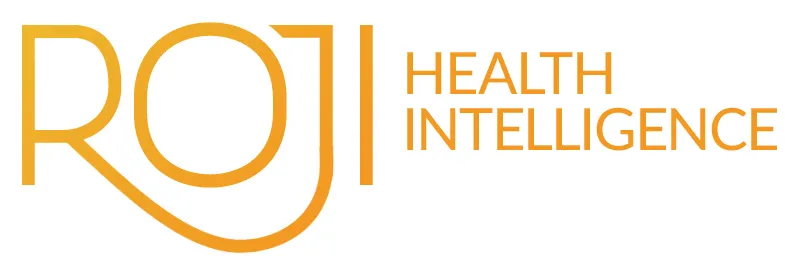Reduce Complications and High Costs in Specialty Care
Although Li was a good candidate for a total knee replacement, her recovery has been slow. A DVT, followed by an infection, turned what should have been a straightforward procedure into a sprawling ordeal. Li is not alone; many patients have outcomes that seem unpredictable but may be preventable.
Between 40 and 60 percent of all health care costs is driven by specialty care services. Specialty patients are more complicated and have serious illnesses, some of which are very long term. The problem is that specialty care practices often aren’t part of the Value-Based Care conversation and aren’t included in efforts to improve.
Specialists need the same depth of data-driven tools to improve their results. Especially as Value-Based payment models allow Accountable Care Organizations to accept global payment models and negotiate fees with specialists, specialty practices will need to collaborate on improvement programs for costs and outcomes. Also, the Medicare Specialty Care Models that include specialists in Value-Based reimbursement for serious conditions with high costs are apt to become the norm, along with bundled payments for certain procedures.
Roji Health Intelligence creates procedure episodes as a tool to highlight variations in costs and what drives higher costs in some patient cases– procedure approaches, outcomes, and events. Roji Episodes for procedures and specialty care models are designed to help specialists measure cost variation, cost drivers, and improve pathways that will lower complications and cost variation.
Ensure that your referral network is based on performance revealed by data-driven metrics, to help your patients and your referral specialists. You will minimize complications by sharing data and working with specialists, to the benefit of their patients and their practice.

